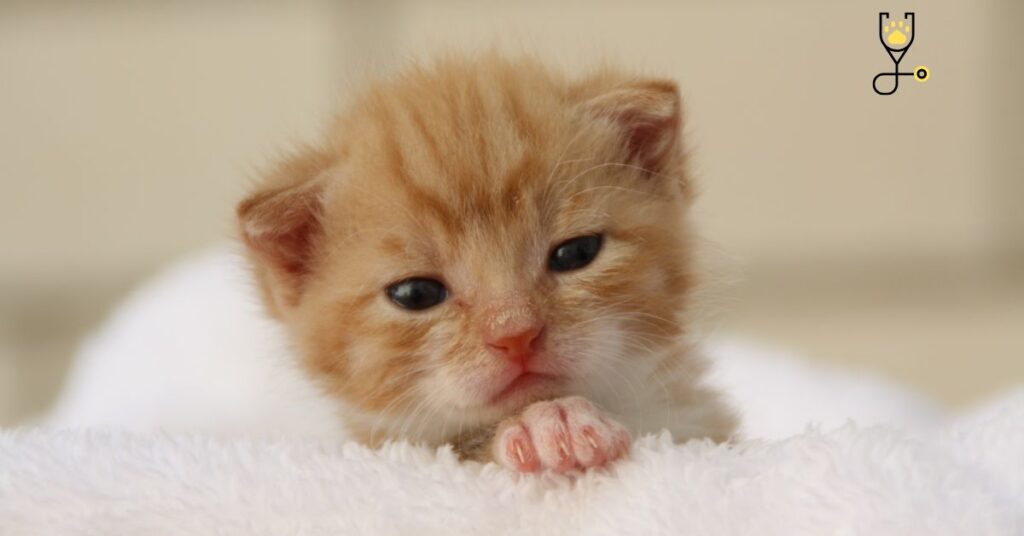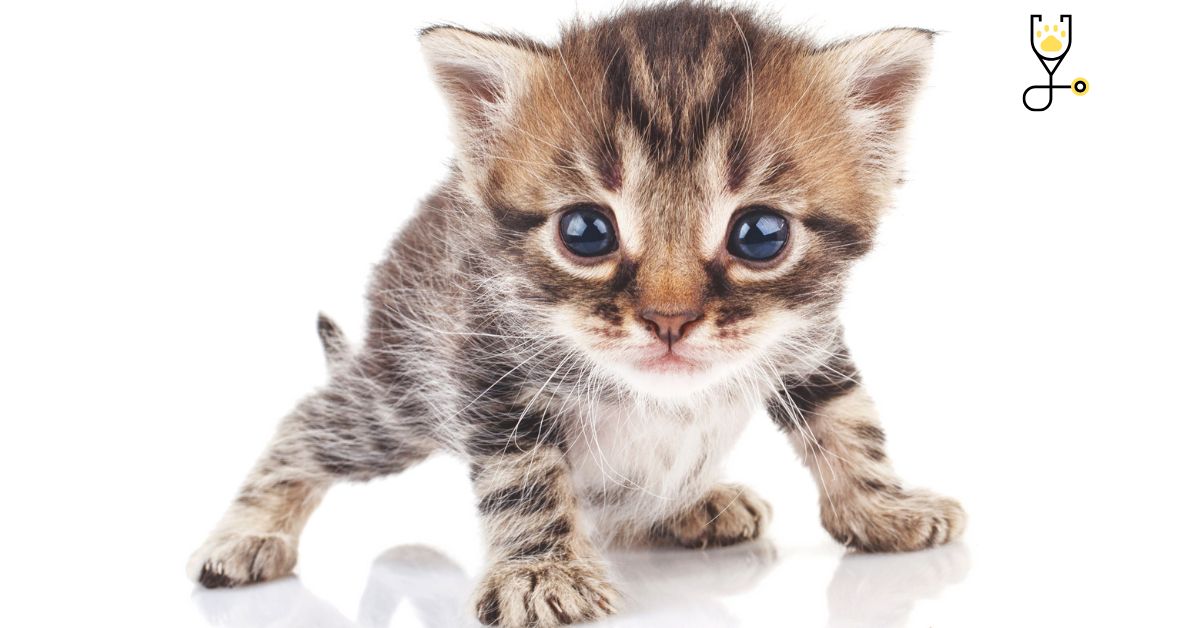If you’re a kitten lover, you know that they’re delicate little creatures. And if you have a kitten with epilepsy or seizures, you know how important it is to manage their condition carefully. In this blog post, we’ll explore some tips for managing kittens with epilepsy and seizures. We’ll also talk to some experts about what to do if your kitten has a seizure. So whether you’re a new kitten owner or a veteran vet, read on for some advice on dealing with this tricky condition.
What is epilepsy?
Epilepsy is a neurological condition that causes seizures. Seizures are sudden, uncontrolled electrical disturbances in the brain. These electrical disruptions can cause a variety of symptoms, including convulsions, loss of consciousness, and muscle spasms. Epilepsy can be caused by genetic factors, head trauma, or infection. It’s also sometimes seen in conjunction with other neurological conditions like cerebral palsy.
What are the symptoms of a seizure?
The symptoms of a seizure depend on its severity and type. Some seizures only last for a few seconds and don’t involve any convulsions or loss of consciousness. These are called “petit mal” seizures. More severe seizures, called “Grand mal” seizures, can last for several minutes and involve convulsions and loss of consciousness.
Symptoms of a grand mal seizure may include:
· Uncontrollable muscle spasms
· Loss of consciousness

· Incontinence
· Chewing or lip-smacking motions
· Stiffening of the body
If your kitten has a seizure, it’s important to stay calm and observe carefully. Note the time the seizure starts and ends, as well as any unusual symptoms. This information will be helpful for your veterinarian in making a diagnosis.
Causes of seizures in kittens
- There are many possible causes of seizures in kittens, including:
- Genetic factors: Some breeds of cats, such as Siamese and Persians, are more prone to epilepsy than others.
- Infections: Seizures can be a symptom of feline infectious peritonitis (FIP), feline distemper, or other viral infections.
- Toxins: Seizures can be caused by exposure to poisons or toxins, such as lead or insecticides.
- Head trauma: A head injury, such as a fall or car accident, can cause seizures.
- Neurological conditions: Epilepsy is often seen in conjunction with other neurological conditions like cerebral palsy.
How is epilepsy diagnosed in kittens?
1. Your veterinarian will take a thorough history, including information on your kitten’s diet, vaccinations, and any previous illnesses.
2. A physical examination will be performed.

3. Blood tests may be done to check for infection or other conditions that could cause seizures.
4. An EEG (electroencephalogram) may be used to measure electrical activity in the brain. This test can help diagnose epilepsy or rule out other conditions.
5. Imaging studies such as CT (computed tomography) or MRI (magnetic resonance imaging) may be done to look for abnormalities in the brain that could be causing seizures.
How to manage and treat kittens with epilepsy
There is no cure for epilepsy, but it can be managed with medication. The type of medication and the dosage will be determined by your veterinarian based on the severity of your kitten’s condition.
In addition to medication, there are some things you can do at home to help manage your kitten’s seizures:
- Keep a seizure diary: Note the date, time, and duration of each seizure. This information will be helpful for your veterinarian in adjusting your kitten’s medication.
- Create a safe space: Remove any sharp or breakable objects from your kitten’s environment. This will help prevent injury during a seizure.
- Avoid stress: Seizures can be triggered by stress, so try to create a calm and relaxing environment for your kitten.
- Give your kitten regular meals: A nutritious diet will help keep your kitten’s blood sugar levels stable, which can help prevent seizures.
- Keep up with vaccinations: Vaccinations can help prevent infections that could trigger seizures.
If your kitten has a seizure, there are some things you should do:
· Do not try to stop the seizure: This can cause injury.
· Move your kitten to a safe place: Remove any sharp or breakable objects from the area.
· Do not put anything in your kitten’s mouth: This includes your fingers or a towel. Your kitten could bite down hard and injure itself.
· Time of the seizure: Note the date, time, and duration of the seizure. This information will be helpful for your veterinarian.
·Stay calm: Seizures can be frightening, but it’s important to stay calm. This will help keep your kitten calm as well.
- After the seizure has ended, your kitten will likely be tired and want to sleep. Allow your kitten to rest in a quiet, comfortable place.
When to see a veterinarian?
If you think your kitten may be having a seizure, it’s important to see a veterinarian right away. Seizures can be a sign of a serious condition, and prompt treatment is essential.
Your veterinarian will likely ask you questions about your kitten’s health history and recent behavior. Be sure to mention anything that may be relevant, such as changes in diet or temperament.
A physical examination will be performed. Your veterinarian will check for signs of injury and any other abnormal findings.
- Blood tests may be done to check for infection or other conditions that could cause seizures.
- An EEG (electroencephalogram) may be used to measure electrical activity in the brain. This test can help diagnose epilepsy or rule out other conditions.
- Imaging studies such as CT (computed tomography) or MRI (magnetic resonance imaging) may be done to look for abnormalities in the brain that could be causing seizures.
Best medicines for the treatment of seizures in kittens
type of medication and the dosage will be determined by your veterinarian based on the severity of your kitten’s condition. There are a variety of medications that can be used to treat seizures, and your veterinarian will choose the best option for your kitten. Some common medications used to treat seizures include
· Phenobarbital: This is a common seizure medication that is often used as a first-line treatment. It works by suppressing electrical activity in the brain.
· Diazepam (Valium): This medication can be used to stop a seizure that is in progress. It is typically given rectally (by enema) or intravenously (by IV).
· Potassium bromide: This medication is often used in conjunction with phenobarbital. It works by stabilizing electrical activity in the brain.
Your kitten will likely need to be on seizure medication for life. The dose of the medication may need to be adjusted as your kitten grows and matures.
In some cases, surgery may be necessary to treat a condition that is causing seizures. For example, if a tumor is found in the brain, it may need to be removed.
Prognosis
The prognosis for kittens with seizures is generally good. With proper treatment, most kittens can live normal, healthy lives. However, some kittens may require lifelong medication to control their seizures.PreventionThere is no sure way to prevent seizures in kittens, but there are some things you can do to reduce the risk:
- Provide a calm and stress-free environment for your kitten. · Feed your kitten a balanced diet and provide regular meals.
- Keep up with vaccinations to help prevent infections that could trigger seizures.
- If your kitten has a seizure, seek veterinary care immediately.
Conclusion
Seizures can be a frightening experience for both you and your kitten. However, with prompt treatment, most kittens make a full recovery and go on to live normal, healthy lives. If you think your kitten may be having a seizure, see your veterinarian right away.
Frequently Asked Questions
1. What are the main causes of seizures in kittens?
The most common cause of seizures in kittens is epilepsy, but they can also be caused by head trauma, low blood sugar, or an infection.
2. How do I know if my kitten is having a seizure?
Signs that your kitten is having a seizure include twitching, muscle rigidity, loss of consciousness, and paddling of the legs.
3. What is the best way to treat a kitten with seizures?
The best way to treat a kitten with seizures is with prompt veterinary care. Medications may be necessary to control the seizures and prevent further episodes. Surgery may be necessary in some cases.
4. Can seizures be prevented?
There is no sure way to prevent seizures in kittens, but there are things you can do to reduce their risk, including providing a calm and stress-free environment, feeding a balanced diet, and maintaining vaccinations. Additionally, if your kitten has a seizure, seek veterinary care immediately.
5. What is the prognosis for kittens with seizures?
The prognosis for kittens with seizures is generally good, especially if they receive prompt treatment. With proper care and medication, most kittens are able to go on to lead full and healthy lives. However, some cats may require lifelong treatment to control their condition.







